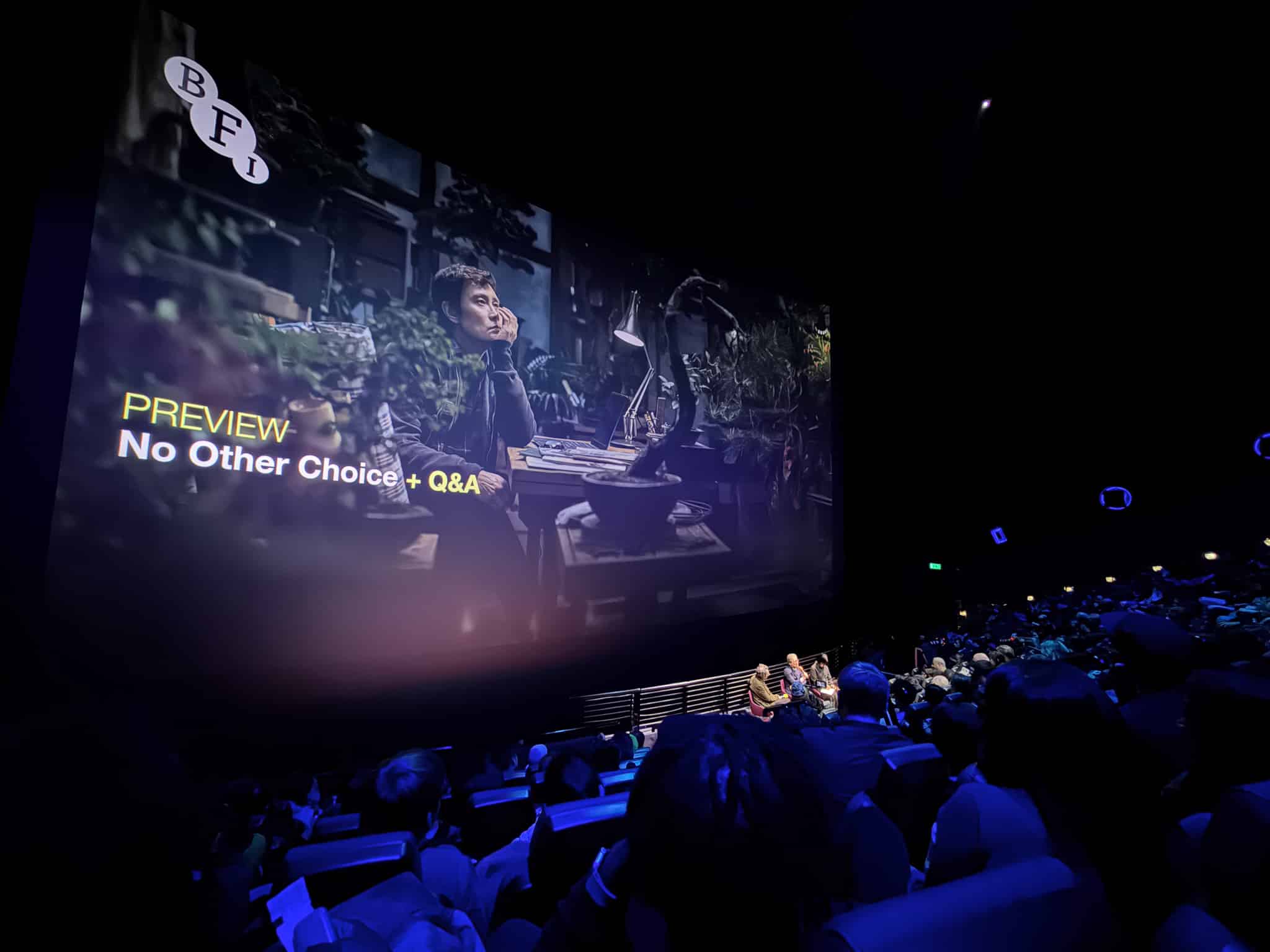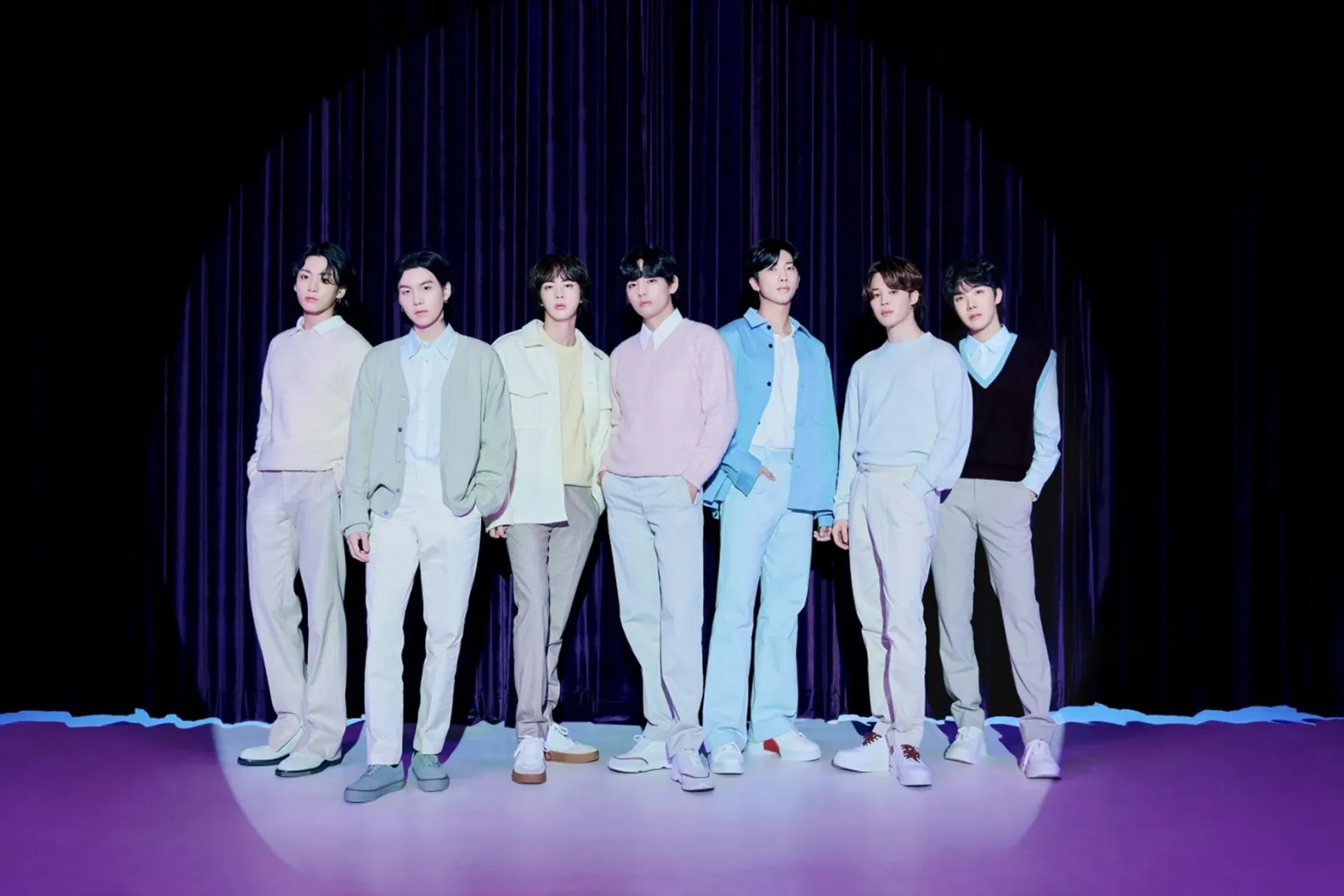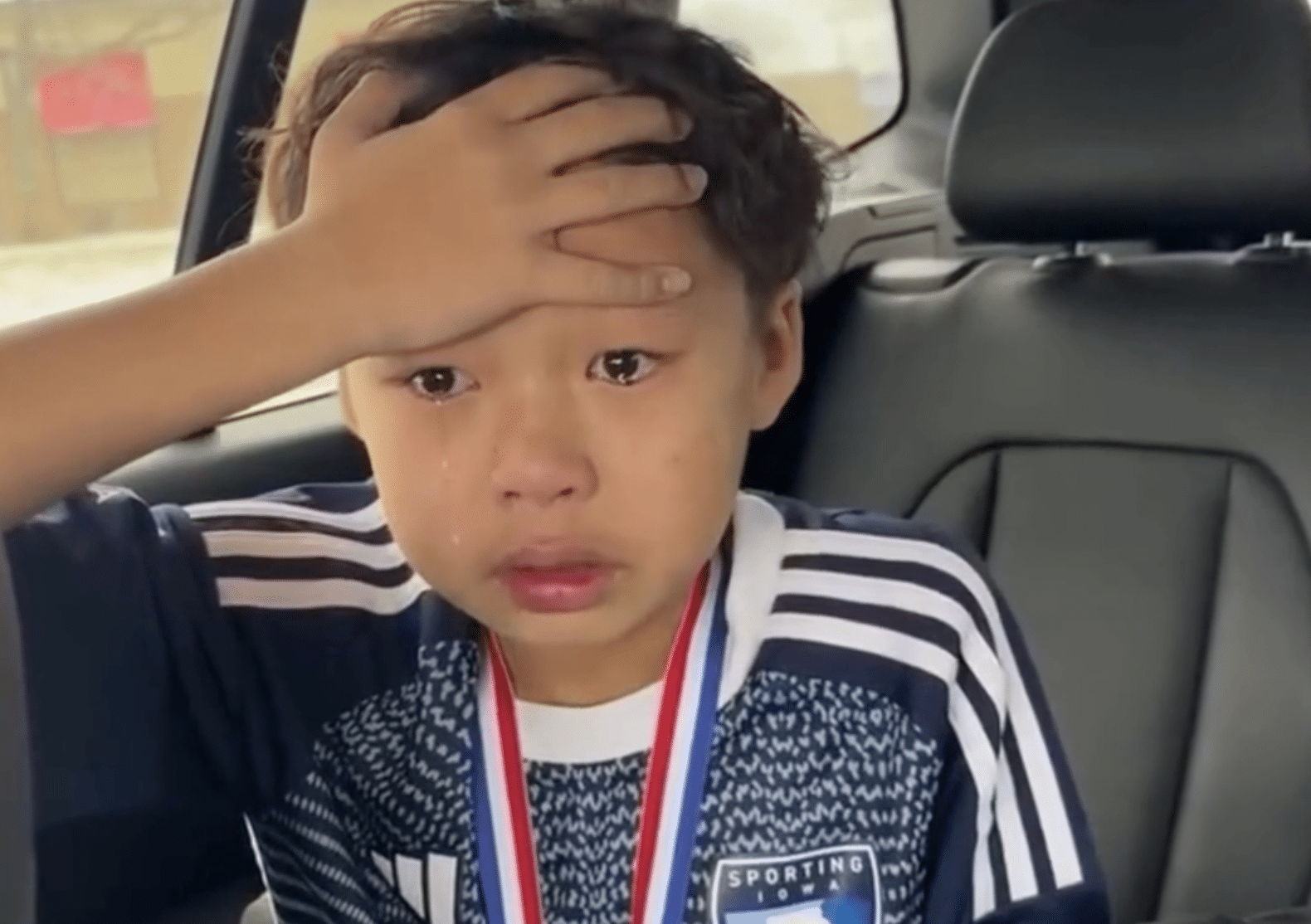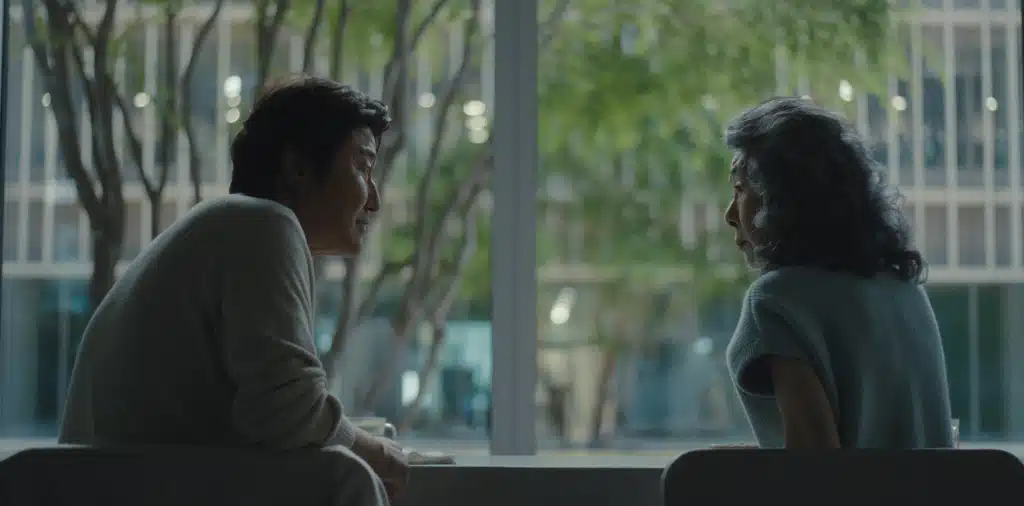A second and final call is now open for contributors to GOLDEN, the hardback annual magazine created by MilkTea, Resonate, and Juniper by the Sea. The magazine is an ambitious attempt to physically preserve the cultural life of the East and Southeast Asian (ESEA) diaspora in the UK.
I spoke with Chi Thai, co-founder of MilkTea, about the emotional weight of creating something lasting in a culture that feels so temporary.
The Weight of Print in a Digital Age
MilkTea is best known for putting ESEA voices in the cinema spotlight. So, why turn to an annual print magazine? Thai explained that this project is simply an extension of their existing goals.
“Although MilkTea’s core work has always centred around cinema screenings, we’ve found that our audience engagement naturally extends beyond the screen,” she noted.
Their work, she said, is about making sure ESEA creatives are “front and centre,” whether that’s in Q&As or securing press coverage for their films.
GOLDEN is just taking that principle to a wider cultural space.
Thai was quite serious about the magazine’s role, describing it as a treasury for ESEA creativity and culture. She believes in the physical format, especially now.
“There’s something really powerful about making it a physical object,” Thai told me. “In a time when so much of what we create is ephemeral or algorithm-led, the permanence of print, curated and created by a community feels precious.”
The aim is to create an object that can stand against the fleeting nature of the internet.
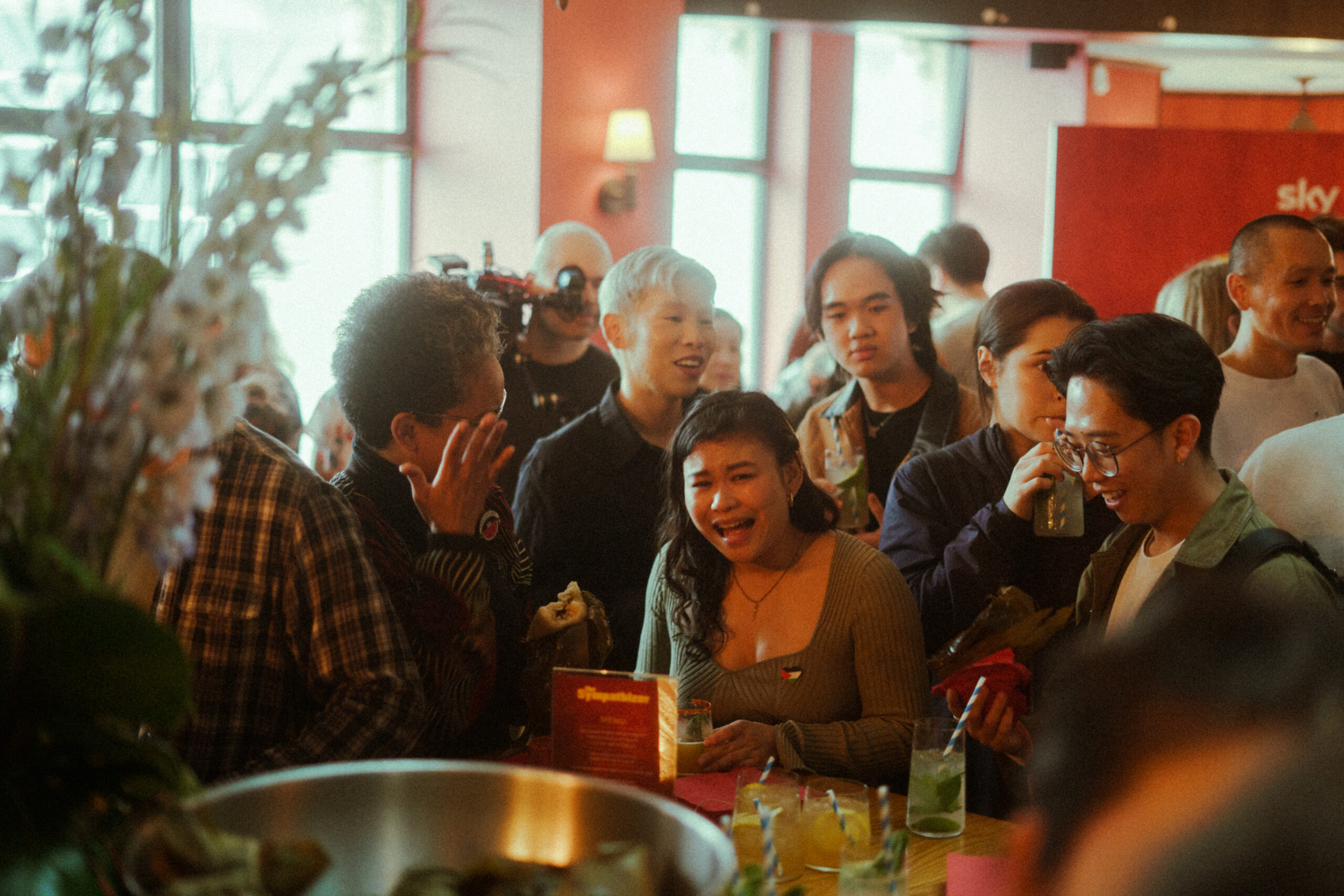
Building a Cultural Witness Statement
The team refers to GOLDEN as a “cultural time capsule,” a phrase that carries a heavy meaning. Thai views it as an essential tool for thoughtful reflection.
“When we talk about Golden as a ‘cultural time capsule,’ we’re really thinking about thoughtful reflection through the lens of the diasporic ESEA experience,” she said.
A year is often filled with political, cultural, and emotional change. The magazine offers a space where the community can process those changes together. It is about documenting what happened and capturing how it felt.
Thai explained that this documentation is vital because mainstream art and media don’t always create space for what matters to the ESEA community. She used a poignant example from the previous year.
“A good example in 2025 is the 50th anniversary of the Fall of Saigon, a moment with huge emotional and historical significance for many in the UK, but one that largely went unacknowledged in the wider cultural conversation,” Thai stated. “In that sense, Golden really does fill a gap and it’s vital work.”
The hardback serves as a witness statement, a permanent record of the ideas and movements that have mattered most.
Read More: ESEA UK Culture: MilkTea, Resonate, and Juniper by the Sea Announce GOLDEN Magazine
The Freedom of the Brief and a Final Plea
This latest call is looking for responses to six specific briefs: Theatre, Film & Music, Literature, Sport, Climate Crisis, and Palestine.
Thai stressed that these broad categories encourage contributors to bring their own unique perspective. “The brief categories are intentionally broad because we want contributors to bring their own backgrounds, interests, skills to the shared endeavour,” she confirmed.
They are looking for work that captures “anything from a moment to a movement” and says something deeper about what it felt like to live through it as an ESEA person. They are hoping for pieces on the legacy of groups like New Earth Theatre, the rise of artists like Wiffy Griffy, and even reflections on global events like the genocide in Gaza and the normalisation of AI.
For those who may feel they aren’t established enough to submit, Thai had a clear message. “Honestly, just go for it,” she urged. “Don’t overthink whether you’re ‘established’ enough or if your idea is perfectly polished. What we’re really looking for is passion, perspective, and a clear sense of what you want to say.” A polished writing sample is secondary to a good idea.
The publication cycle is moving quickly. The Expression of Interest (EOI) deadline is 31 October 2025, with final submissions due one month later.
Thai advises speed, noting, “I’d really encourage anyone interested to submit their EOI as early as possible, we’re not waiting until the deadline to start reviewing them.” Progressing EOIs weekly means those who submit early will have more time to develop their piece with the editors.
If you have a voice, a perspective, or a piece of the present you believe should be permanently recorded, you must act now. This is a final opportunity to secure your place in this cultural record.
The full call for contributors and the EOI form can be found here
View this post on Instagram





